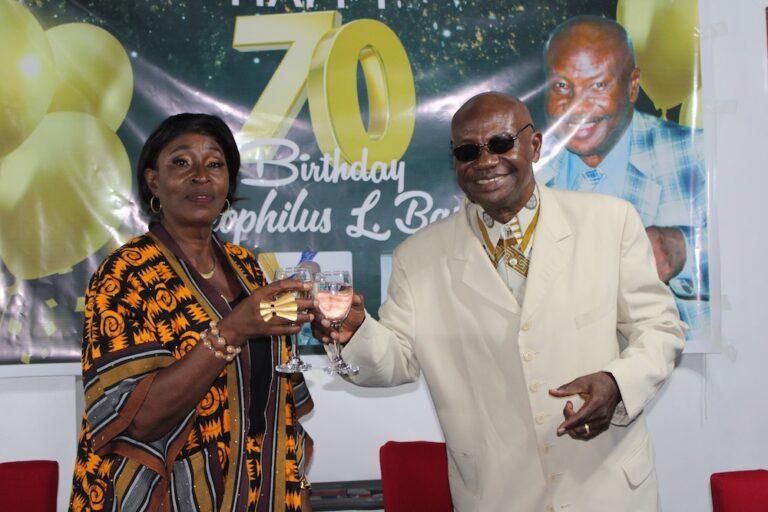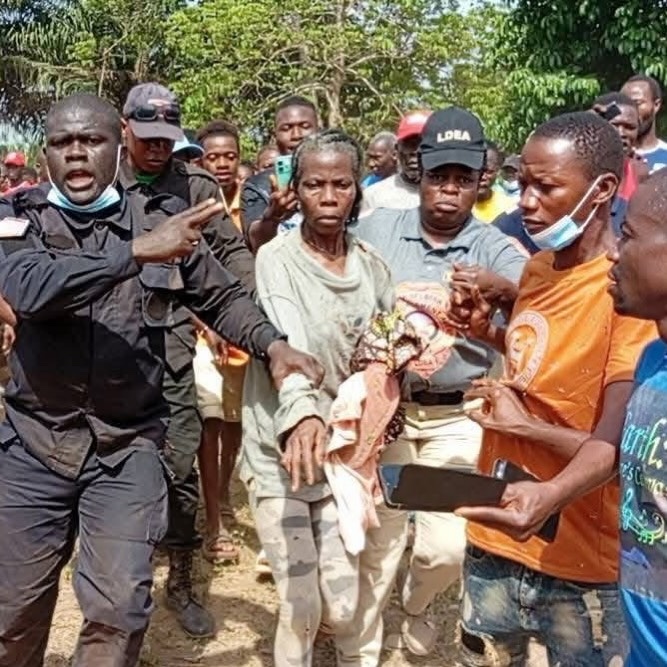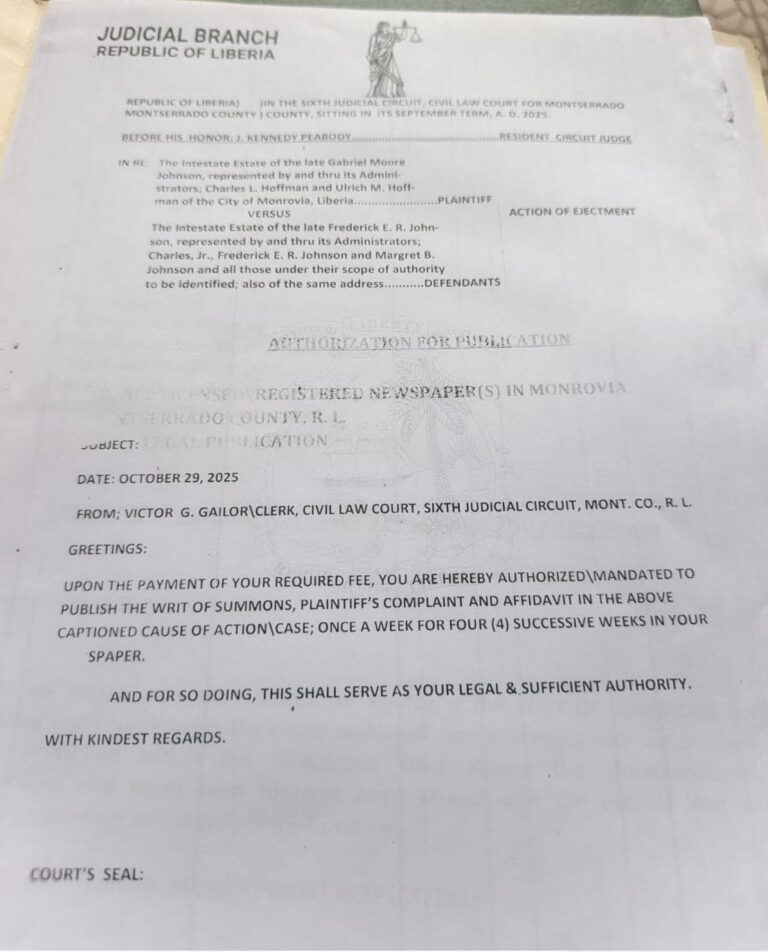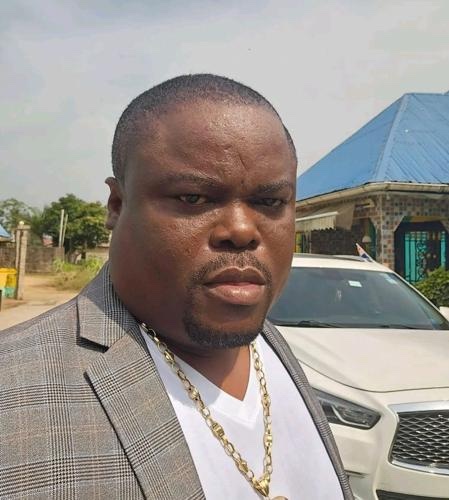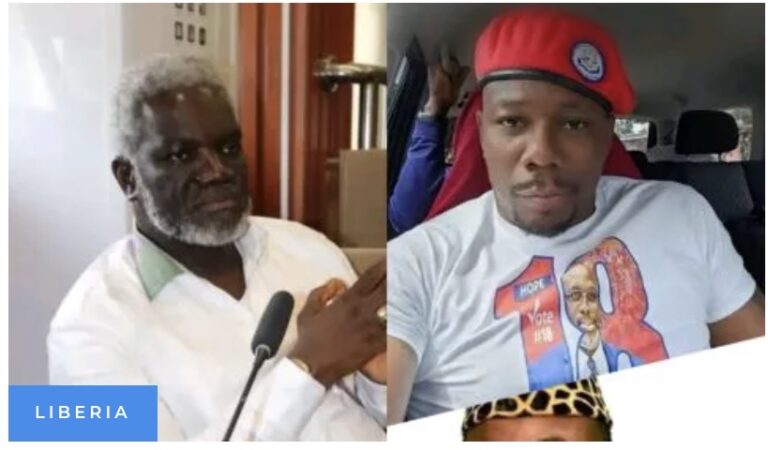
CAPITOL HILL, Monrovia — Chief Justice-designate Yamie Gbeisay on Monday defended his judicial record and called for sweeping reforms within Liberia’s justice system during his initial appearance before the Senate Judiciary Committee.
Facing tough questions from lawmakers, Gbeisay pushed back against criticisms of inconsistency and alleged political bias in several of his past rulings, asserting that his decisions have always been grounded in constitutional interpretation and legal procedure—not partisan influence or personal belief.
“I remain committed to the rule of law and judicial independence,” Gbeisay told senators. “My record speaks to a consistent application of constitutional principles, even when public perception suggests otherwise.”
A key point of contention emerged around Gbeisay’s involvement in the recent leadership dispute within the House of Representatives. Senators questioned why his dissenting opinion in the matter appeared to contradict a prior Supreme Court ruling. Gbeisay maintained that the difference was procedural and not a reversal of legal reasoning.
Ranking committee member Senator Darius Dillon expressed concern about persistent delays in judicial proceedings—particularly the Supreme Court’s handling of petitions for writs of prohibition. He cited the long-running Assets Recovery vs. Gracious Ride case as an example of how such delays erode public trust in the judiciary.
“The system must do better,” Dillon said. “Justice delayed is justice denied, and the public’s confidence is wearing thin.”
In response, Gbeisay acknowledged the delays and said he supports reforms aimed at increasing efficiency within the judiciary. He pointed to outdated procedures and resource constraints as contributors to systemic backlogs.
Gbeisay also called for a broader constitutional review, arguing that the 1986 Constitution no longer fully reflects the country’s evolving democratic and legal landscape.
“Liberia has changed significantly since 1986,” he said. “Our Constitution must be updated to reflect current realities, especially in areas where ambiguities undermine legal clarity.”
Among the most pressing challenges, Gbeisay highlighted the growing number of unresolved land disputes across the country. He described the situation as a ticking time bomb and called for reforms to accelerate land adjudication processes.
“We must prioritize land reform. The judiciary alone cannot resolve these disputes without coordinated institutional action and legislative support,” he warned.
The confirmation hearing is expected to continue today, with lawmakers poised to examine Gbeisay’s judicial philosophy, leadership vision, and proposed roadmap for restoring public confidence in the nation’s highest court.
Source: The Liberian Investigator









